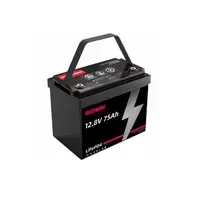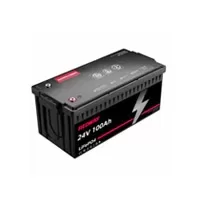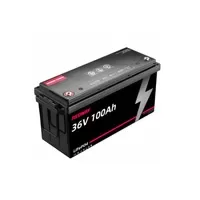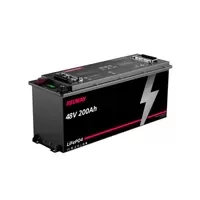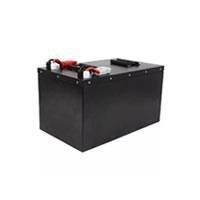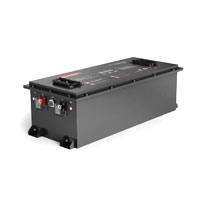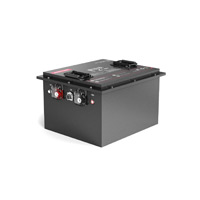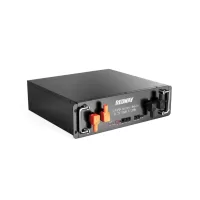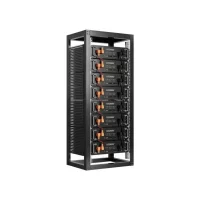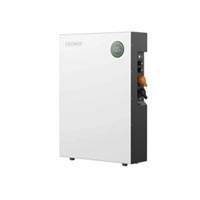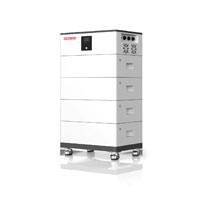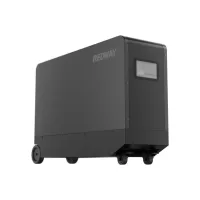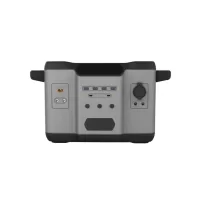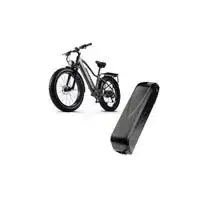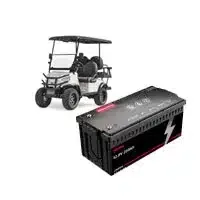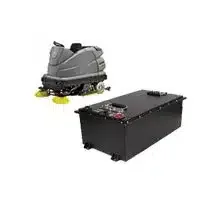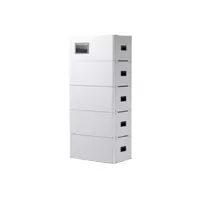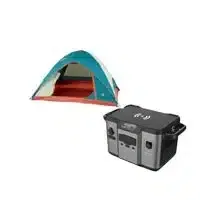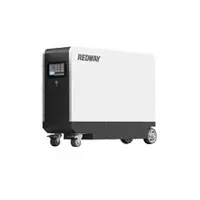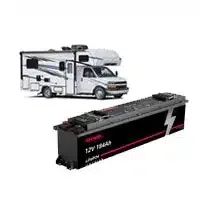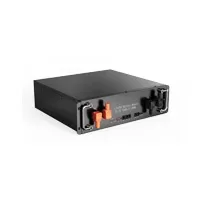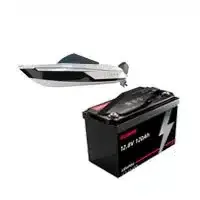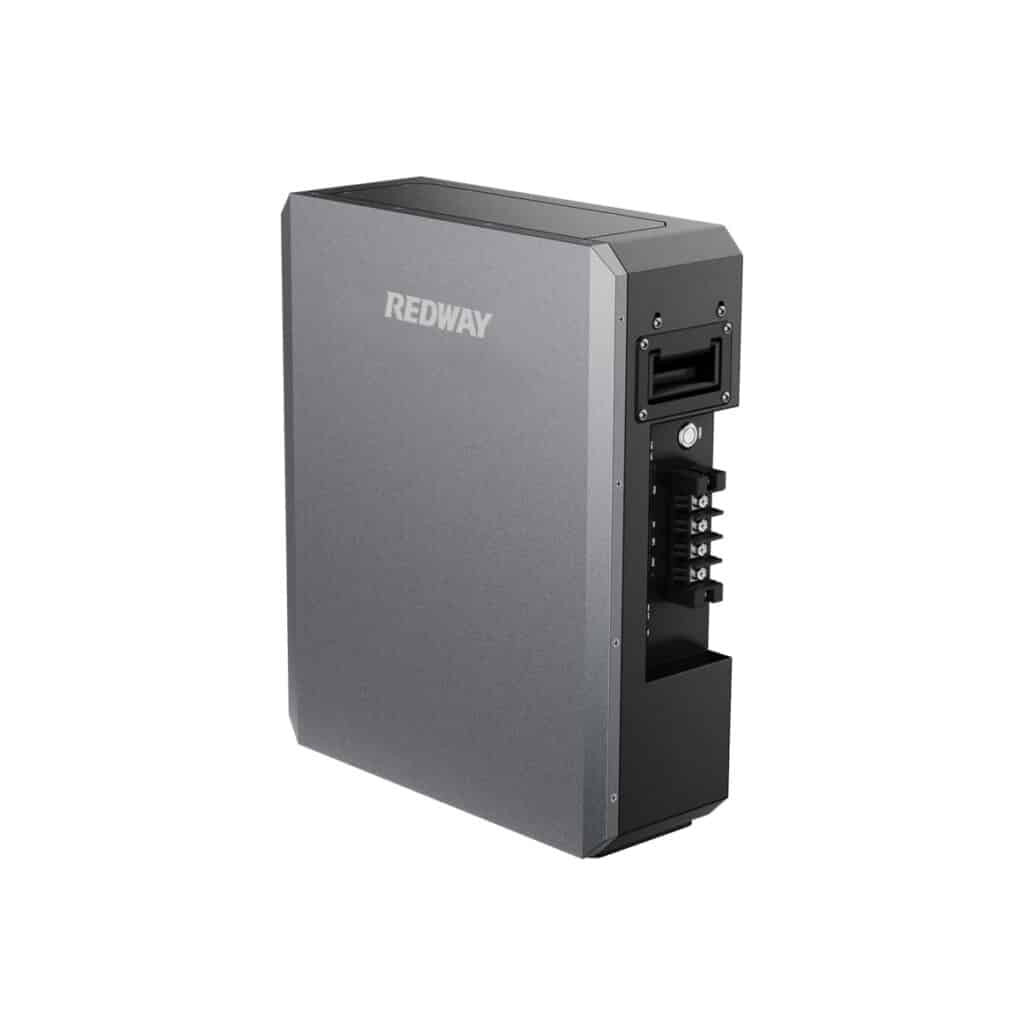(Click to Get a Quick Quote!)
Solar energy refers to energy derived from solar radiation. It can be harnessed and converted into electricity or used for heating purposes. Solar energy is captured using photovoltaic (PV) panels, which convert sunlight into electricity. This electricity can power homes, businesses, and other electrical equipment. Solar power has many benefits, including being renewable, reducing dependence on fossil fuels, and lowering electricity bills. While solar panels can still generate electricity on cloudy days, nighttime use requires energy storage systems such as batteries. The amount of space required for solar panels depends on the power requirements and the efficiency of the panels. Governments provide incentives to encourage the adoption of solar energy. Solar panels typically come with a 25-30 year warranty, and even longer if properly maintained. Solar energy can also be used to heat water. It is suitable for most locations, but the amount of sunlight and panel efficiency may vary.
Frequently Asked Questions About Solar Energy:
1. What is solar energy?
Solar energy refers to energy derived from solar radiation. It is a renewable clean energy that can be harnessed and converted into electricity or used for heating.
2. How does solar power work?
Solar energy is captured using photovoltaic (PV) panels, which contain solar cells that convert sunlight into electricity. These panels generate direct current (DC) electricity, which is then converted to alternating current (AC) electricity using an inverter. Alternating current can be used to power homes, businesses, and other electrical equipment.
3. What are the benefits of solar energy?
Solar power has many benefits, including:
– It is a renewable and abundant energy source.
– It reduces dependence on fossil fuels, thereby reducing greenhouse gas emissions and air pollution.
– It helps lower electricity bills by harnessing the sun to generate free electricity.
– It can provide energy independence, especially in remote areas.
– It creates jobs in the solar industry and boosts economic growth.
4. Are solar panels expensive?
The cost of solar panels has dropped significantly in recent years due to technological advances and economies of scale. While the initial investment may be relatively high, solar panels have a long lifespan, saving you money on electricity bills over time.
5. Can solar energy be used on cloudy days or at night?
Solar panels can still generate electricity on cloudy days, but the output may be reduced. However, solar energy cannot be generated at night unless there is an energy storage system (such as a battery) to store excess energy generated during the day for later use.
6. How much space does the solar panel need?
The amount of space required for solar panels depends on the property’s electrical needs and the efficiency of the panels. On average, installing a 1 kW solar system requires about 100-200 square feet of roof space and can generate about 1,500-2,000 kWh of electricity per year.
7. Are there government incentives for installing solar panels?
Many governments offer incentives to encourage solar adoption, such as tax credits, grants and net metering programs. These incentives help reduce the upfront cost of installing solar panels and provide economic benefits over time.
8. How long is the service life of the solar panel?
Most solar panels come with a 25-30 year warranty, but with proper maintenance they can last much longer. It is not uncommon for solar panels to generate electricity continuously for 30-40 years or more.
9. Can solar energy be used to boil water?
Yes, solar energy can be used for water heating with a solar thermal system. These systems use solar collectors to heat water, which can then be used for domestic or commercial use. Solar hot water can significantly reduce energy costs and carbon emissions.
10. Is solar power suitable for all locations?
Solar energy is suitable for most places as long as the sun is shining. However, the amount of sunlight and the efficiency of solar panels may vary based on factors such as geographic location, shade, and panel orientation. It is important to assess the solar potential of a site before installing solar panels.
Related Posts
- Redway EOV 4V Review, 24V All-In-One Solar Storage System for Home-ESS
- Are Solar Panels Useless Without a Solar Battery? BLUETTI Reveals the Key to Powering Homes During Nighttime Power Outages
- Are Solar Panels Useless at Night? Discover the Solution to Store Energy with Goldenmate’s Revolutionary Lithium Batteries!
- Why Use Lifepo4 Batteries In Stand Alone Solar System
- Why is Solar Energy Storage Crucial for Sustainable Living?
- Why disorder improves lithium-ion battery life?


